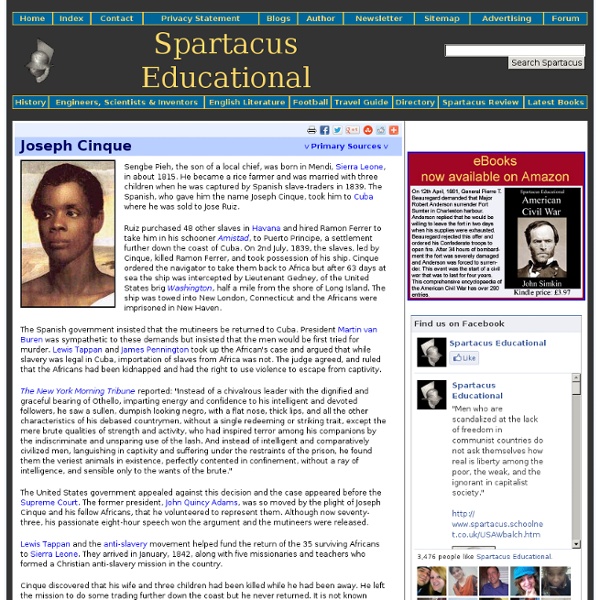



Queen Nzinga In the sixteenth century, the Portugese position in the slave trade was threatened by England and France. As a result, the Portugese shifted their slave-trading activities to the Congo and South West Africa. Mistaking the title of the ruler (ngola) for the name of the country, the Portugese called the land of the Mbundu people Angola—the name by which it is still known today. Here, the Portugese encountered the brilliant and courageous Queen Nzinga, who was determined never to accept the Portugese conquest of her country. An exceptional stateswoman and military strategist, she harassed the Portugese until her death, at age eighty. Her meeting with the Portugese governor, recorded by a Dutch artist, is legendary in the history of Africa's confrontations with Europe: Representing her brother, the ngola, Nzinga arrived at Luanda in royal splendor. Subsequently, Nzinga formed an alliance with the Jaga. Never surrendering, she died on December 17, 1663.
AFRICAN RESISTANCE TO SLAVERY Chattel slavery, as it existed, was the worst kind of human bondage. Africans fought against and resisted slavery in their (1470 - 1800) homeland, on the seas, and in America. There was continuous resistance against Europeans during every phase of the slave trade. Because the rebellions of the African slaves increased, the slave traders created laws designed to reduce African resistance. Much of the information about the resistance to slavery came from written documents kept by the European sailors. African leaders and those opposing the European slave trade, organized and assigned large groups to keep watch for slave ships traveling to the East and whose crews were well-known for kidnapping Africans on the coast. Other countries that were resisting the slave trade throughout the continent of Africa were Senegal, Ghana, Benin, Ni geria, and Angola.
Anna Nzinga Biography One of the great women rulers of Africa, Queen Anna Nzinga (circa 1581--1663) of Angola fought against the slave trade and European influence in the seventeenth century. Known for being an astute diplomat and visionary military leader, she resisted Portuguese invasion and slave raids for 30 years. A skilled negotiator, she allied herself with the Dutch and pitted them against the Portuguese in an effort to wrest free of Portuguese domination. Negotiated with Portuguese Slave Traders In the late sixteenth century and early seventeenth century, Europeans were negotiating interests in the African slave trade.